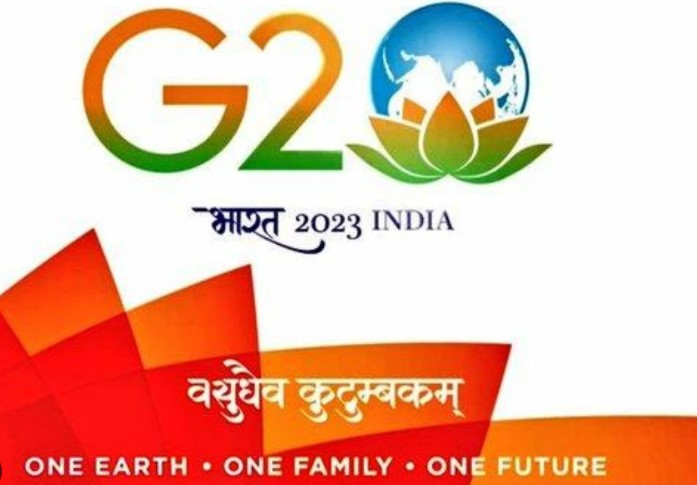Virendra Pandit
New Delhi: After the inaugural Sherpa Track Meeting of India’s G20 Presidency, held on December 4 at Udaipur, Rajasthan, the first meeting of the Finance Track of the Group involving central bank officials and finance ministry bureaucrats of the member countries, or the Finance and Central Bank Deputies (FCBD), will start in Bengaluru on Tuesday.
The Ministry of Finance and the Reserve Bank of India (RBI) will jointly host the three-day meeting from December 13 to 15, officials said.
The G20 Finance Track is a forum for global economic discourse and policy coordination. The first Finance Ministers and Central Bank Governors (FMCBG) meeting will also be held in Bengaluru from February 23 to 25, 2023.
The FCBD meeting, beginning on Tuesday, will be co-chaired by Ajay Seth, Secretary of the Department of Economic Affairs, and Michael D. Patra, Deputy Governor of the RBI. Their counterparts from G20 member countries, along with several other nations and international organizations invited by India, will also take part.
The participants would deliberate on the items on the economic agenda and prepare the pitch for the FMCBG meeting in February. They will focus on issues like reorienting international financial institutions to meet the shared global challenges of the 21st century, financing cities of tomorrow, managing global debt vulnerabilities, advancing financial inclusion and productivity gains, financing for climate action and Sustainable Development Goals (SDG), a globally coordinated approach to unbacked crypto assets and advancing the international taxation agenda.
On the sidelines of the meeting, a group of panelists will discuss strengthening multilateral development banks to address shared global challenges of the 21st century. A seminar on the “Role of Central Banks in Green Financing” will also be held.
Five working groups form the Finance Track, dealing with infrastructure, climate, sustainable infrastructure financing, global taxation, debt levels and sustainability especially in low-income nations, multilateral institutions, cross-border financial crimes, and regulation of cryptocurrency and other digital assets.
In November, Finance Minister Nirmala Sitharaman apparently outlined the key focus areas of the Finance Track, including the climate and sustainable development financing, multilateral institution reforms, regulation of digital assets, impact on developing economies from the spillovers of the actions of western central banks, energy and food security in the backdrop of the Russian-Ukraine war in Europe, sanctions on Russia, and their impact on the global economy.
The Finance Track of the world’s 20 largest economies is older than the Sherpa Track since the Group of Seven (G7) founded G-20 in September 1999 to give shape to govern the global economy. The G20 is an intergovernmental forum comprising 19 countries and the European Union (EU). It works to address major issues related to the global economy, such as international financial stability, climate change mitigation, and sustainable development.
The current chairperson of G20, Prime Minister Narendra Modi, took the baton from President Joko Widodo at the close of the 17th G20 Summit in Bali, Indonesia, last month. India will organize year-long G20 events across 55 cities in the country, culminating with the 18th Summit in New Delhi in September 2023.

